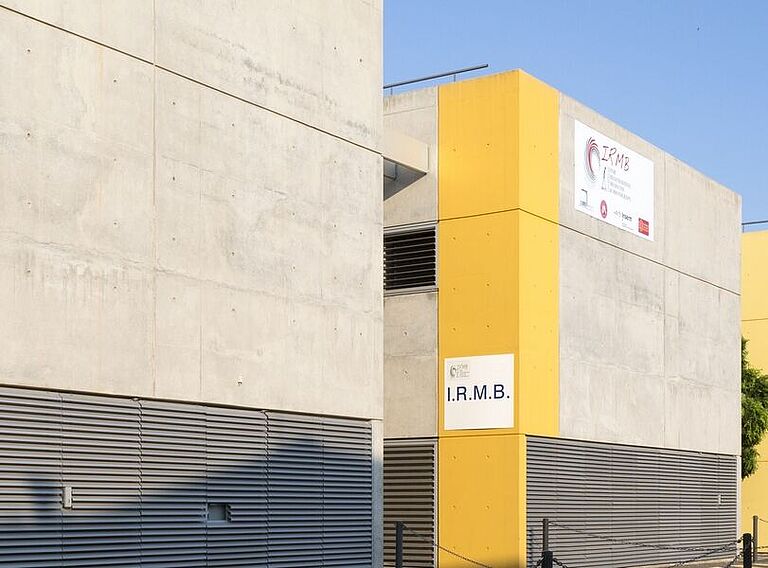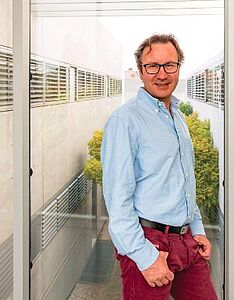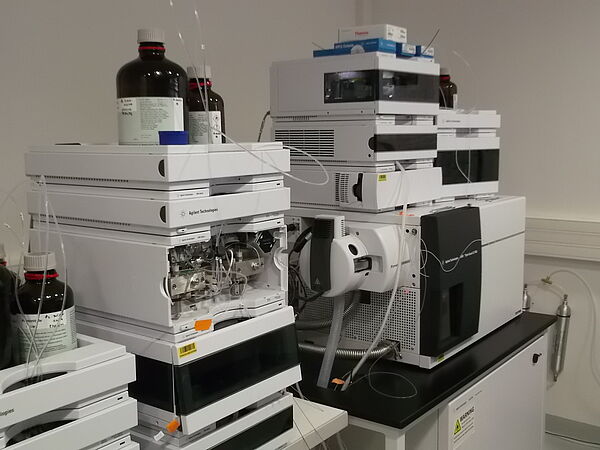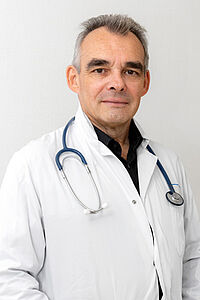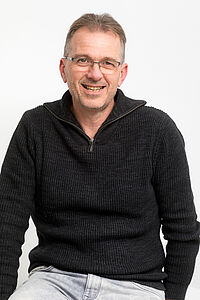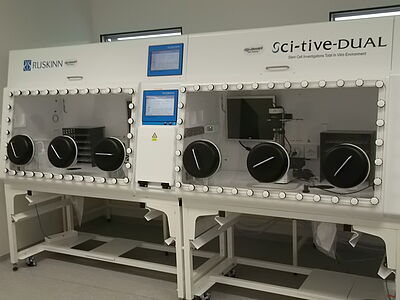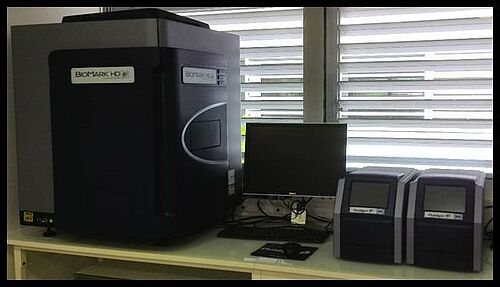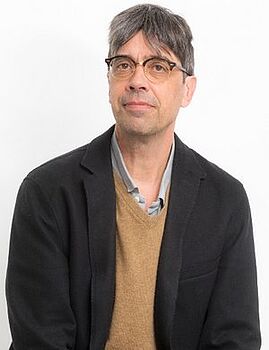The “Laboratory of Cell therapy for Diabetes” (LCTD) of the Montpellier University Hospital, France (CHU) is a clinical research laboratory dedicated to the isolation of islets from human pancreas in order to study their preservation and regeneration, with the ultimate goal of improving and developing human islet transplantation as a cell therapy for type 1 diabetes. The pancreatic islet beta cells are the only cells capable of producing insulin, and their inadequate functional mass is the main cause of the onset of diabetes.
The LCTD combines expertise on human islet isolation, culture and research activities. This laboratory exists since 2009 and performs 10 to 15 islet isolations from human pancreas per year.
- The first axis of activities at LTCD is the setting of human islet isolation routinely in order to promote islet transplantation in type 1 diabetic patients: the aim of the LCTD is to reach the GMP grade in 2014 to add a new islet isolation center into the GRAGIL network and extend islet graft for patients in the southern and western regions of France. Islet grafts in patients are already possible in Montpellier thanks to islets provided through the GRAGIL group, a network of clinical research centers also including Strasbourg, Lyon, Nancy, Grenoble, Besançon, Clermont-Ferrand and Geneva (Investigator: Pr Anne Wojtusciszyn, in the Department of Endocrinology, Diabetes Nutrition directed by Pr Eric Renard).
- The second axis is basic research, in tight connection with the INSERM U661 pancreatic beta cell team directed by Dr Stephane Dalle. The aim of the collaborative work is to study the mechanisms regulating the balance survival / apoptosis and insulin secretory function of human pancreatic islets in order to deepen the understanding of the pathophysiological phenomena determining diabetes or loss of functional beta mass after transplantation. The application of this research includes the preservation of pancreatic beta cells in vivo in type 2 diabetes as well as in transplantation in type 1 diabetes.
Combined expected outcomes of the two leading axes are improvements of the isolation of human islets procedure from whole pancreas donors in order to obtain a larger number of islets with a higher level of survival and function. The LCTD also contributes to the CHU Biological Resource Centre (CCBHM) by the production of biological collections: fresh pancreas and exocrine or endocrine cells, pancreas and purified islet proteins, RNA, and tissue slides.
The LCTD is the coordinator/partner of several clinical research programs (AOI/ANR/FP7/PHRC) dedicated to the promotion of cell therapy in the field of diabetes. The team has many national and international collaborations ongoing and participates in the FP7 project BIOSID on bioartificial pancreas using macro-encapsulated human islets.


